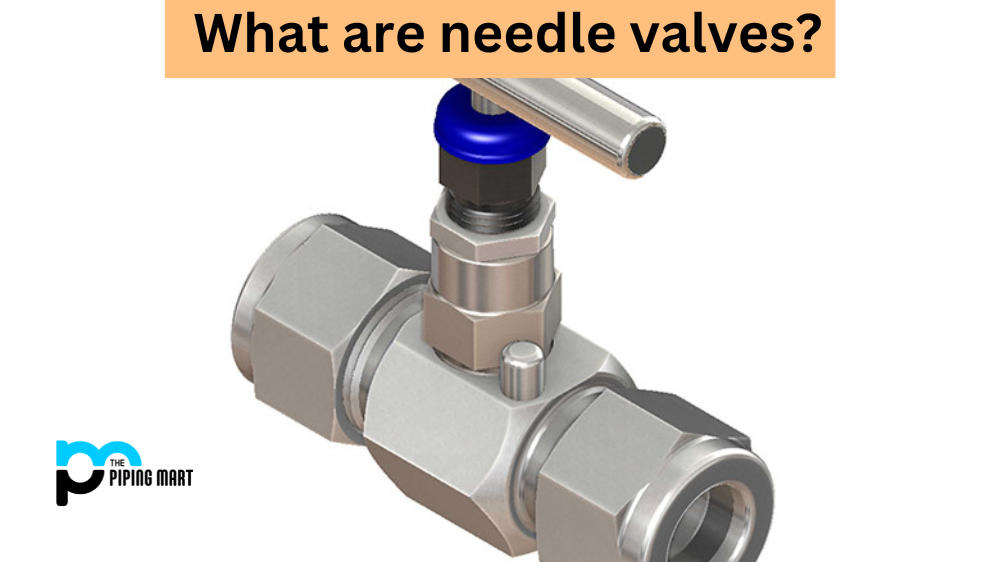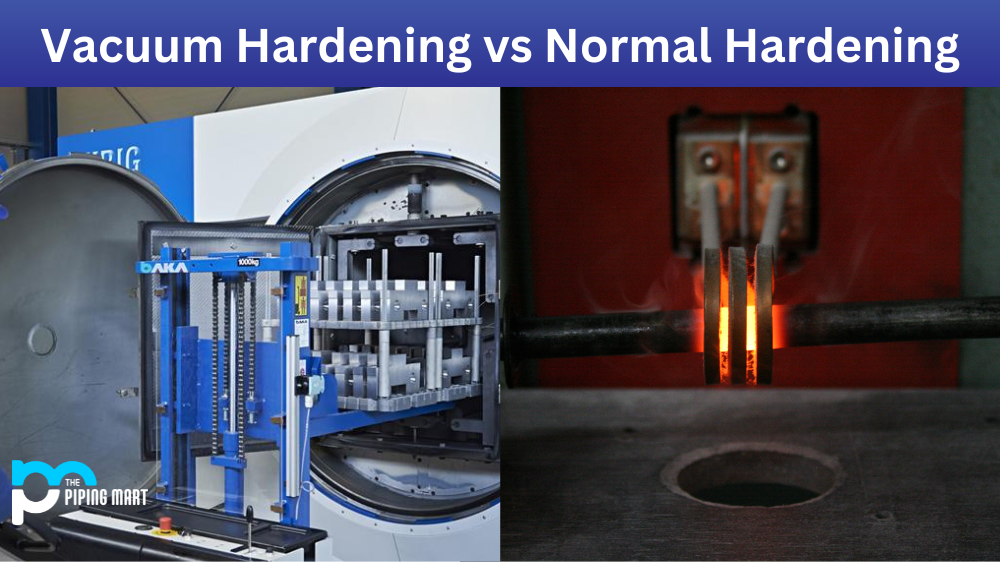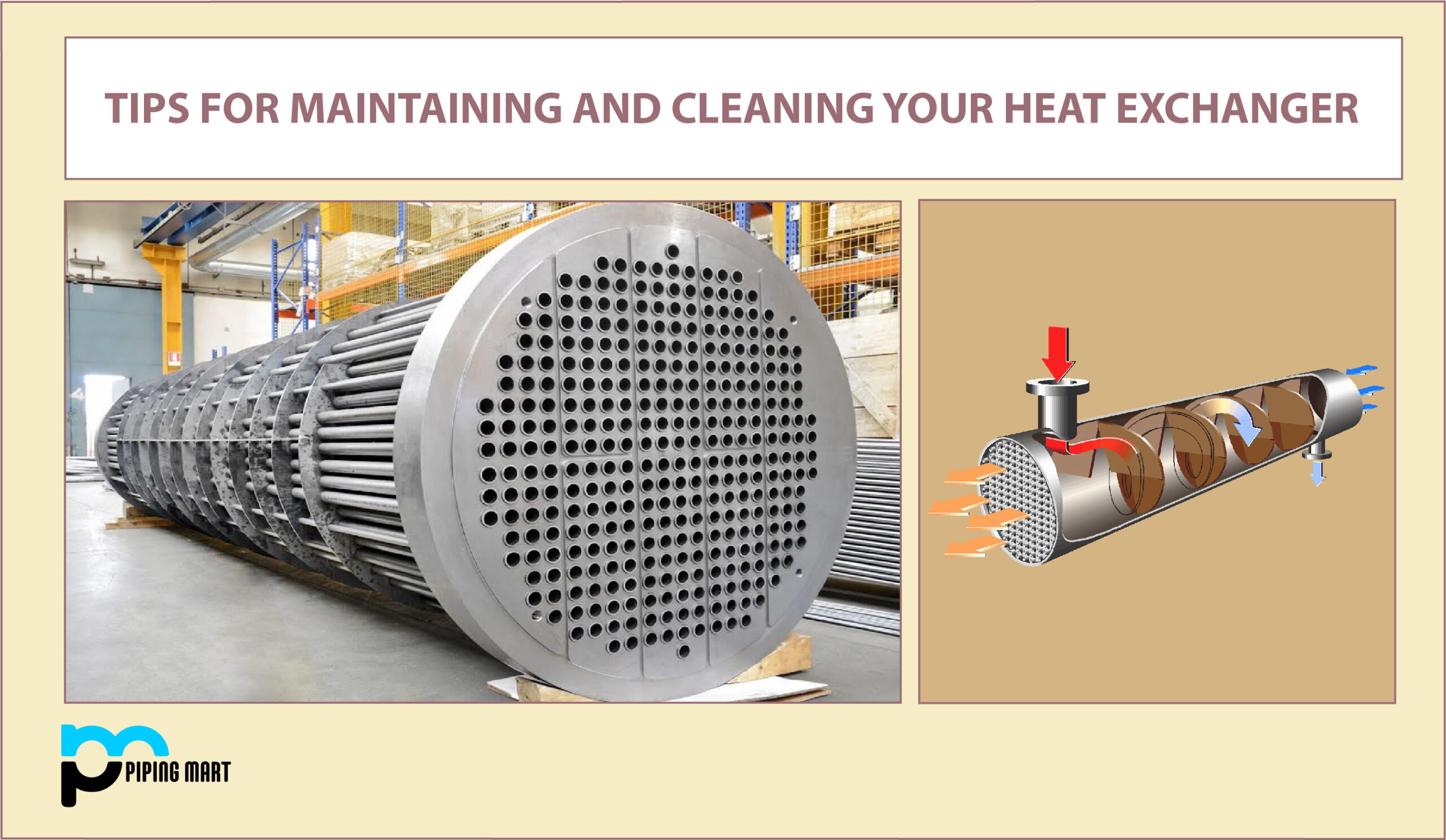Needle valves are an essential component for industrial applications, providing precise control over the flow of liquids, gases, and steam. These valves are highly versatile, making them a popular choice for many industries. In this blog post, we’ll delve into the properties and uses of needle valves to help you better understand how they can be used in your industry.
Needle Valve Properties
Needle valves consist of two primary components: a stem and a seat. The stem is a long thin rod that is threaded on one end; when the valve is open, it pushes against the seat to regulate the flow rate. As the stem is turned clockwise, it moves further away from the seat to increase the flow rate; conversely, as it is turned counterclockwise, it moves closer to the seat to decrease the flow rate. This makes needle valves ideal for controlling slow-moving fluids or gases carefully due to their precision control capabilities.
Another advantage of using needle valves is that they can be used in high-pressure applications due to their strength and durability. They also feature soft-sealing components made out of PTFE or other materials, which helps minimize wear and tear over time while still maintaining an effective seal. Additionally, these valves have low leakage rates due to their design which further enhances their efficiency in industrial applications.
- A needle valve is a type of valve that uses a tapered needle to control the flow of fluid.
- Needle valves are often used in applications where precise control of the flow rate is required, such as in laboratory and industrial settings.
- The main advantage of a needle valve over other types of valves is that it can provide very fine control over the flow of fluid.
- Another advantage of needle valves is that they are relatively easy to maintain and repair.
- Needle valves can be made from a variety of materials, including metals, plastics, and composites.
Needle Valve Uses
Needle valves are used in a wide variety of industries where precise control over fluid or gas flow rates is necessary. Common uses include regulating pressure in oil rigs or pipelines, controlling steam pressure in boilers, and monitoring the air pressure in aircraft or car engines – all very important tasks that require accurate control! Additionally, these types of valves are commonly found in medical equipment such as oxygen tanks or anaesthesia machines due to their accuracy and safety features. As you can see from this brief overview, needle valves can be found just about everywhere!
Adjusting Flow Rate
One of the primary uses for needle valves is to adjust the flow rate of a fluid. Needle valves are often used in applications where it is important to be able to control the flow of a fluid precisely, such as in laboratory settings.
Regulating Pressure
Another common use for needle valves is to regulate pressure. Needle valves can be used to control the pressure of a fluid by restricting or allowing the flow of fluid through the valve. This can be useful in applications where it is important to maintain a specific pressure, such as in plumbing or automotive systems.
Controlling the Direction of Flow
Needle valves can also be used to control the direction of the flow of a fluid. This can be useful in applications where it is important to ensure that fluid flows in a specific direction, such as in piping systems.
Shutting Off Flow
Needle valves can also be used to shut off the flow of a fluid entirely. This can be useful in applications where it is necessary to prevent the flow of a fluid, such as in emergency situations.
Adjusting Fluid Temperature
Finally, needle valves can also be used to adjust the temperature of a fluid. This can be useful in applications where it is necessary to maintain a specific temperature, such as in a laboratory or industrial setting.
Conclusion:
Knowing more about needle valve properties and uses can help you make the right decision when selecting a valve for your industrial application or project. Needle valves offer many benefits, such as precise control over fluid or gas flows with minimal leakage rates – making them an excellent choice for many industries that require accuracy and reliability without compromising safety standards. If you’re looking for a reliable valve solution with superior performance characteristics, then look no further than needle valves! They’re sure to provide all the features needed for even the most demanding industrial tasks!

A passionate metal industry expert and blogger. With over 5 years of experience in the field, Palak brings a wealth of knowledge and insight to her writing. Whether discussing the latest trends in the metal industry or sharing tips, she is dedicated to helping others succeed in the metal industry.




